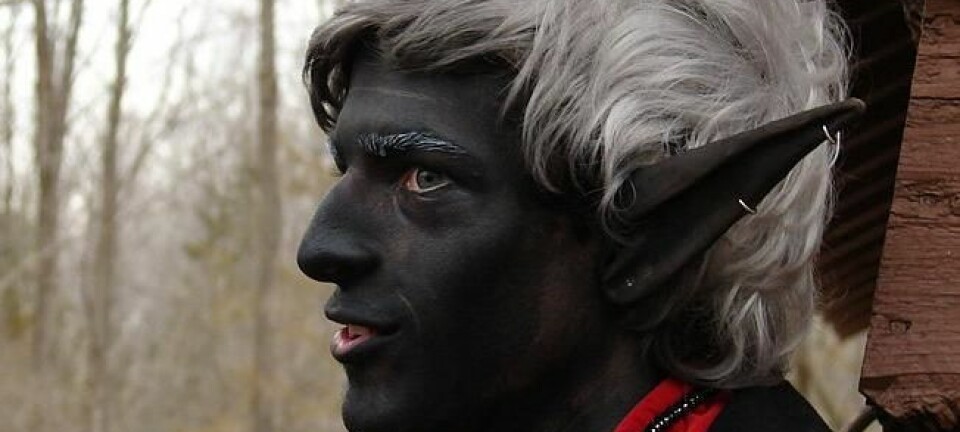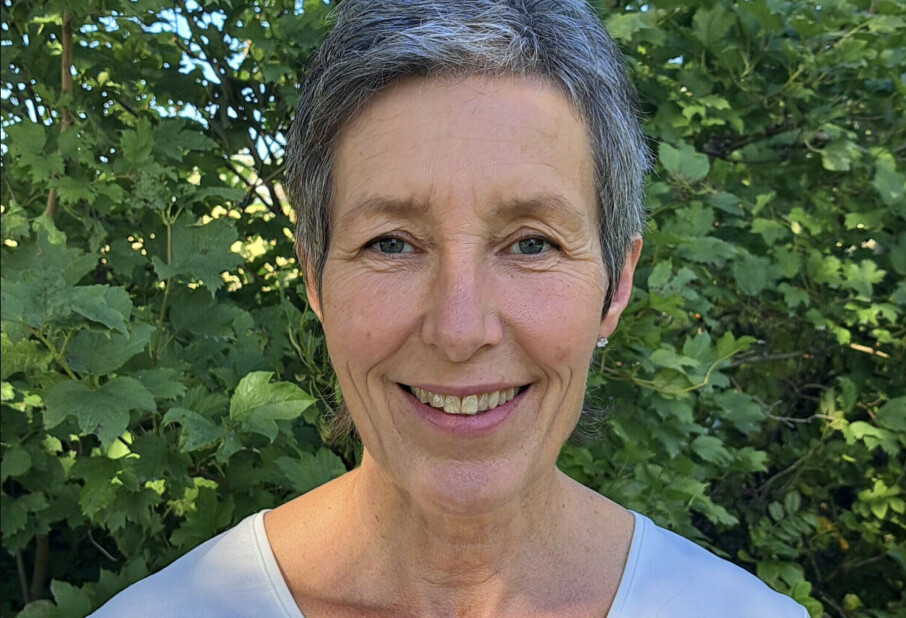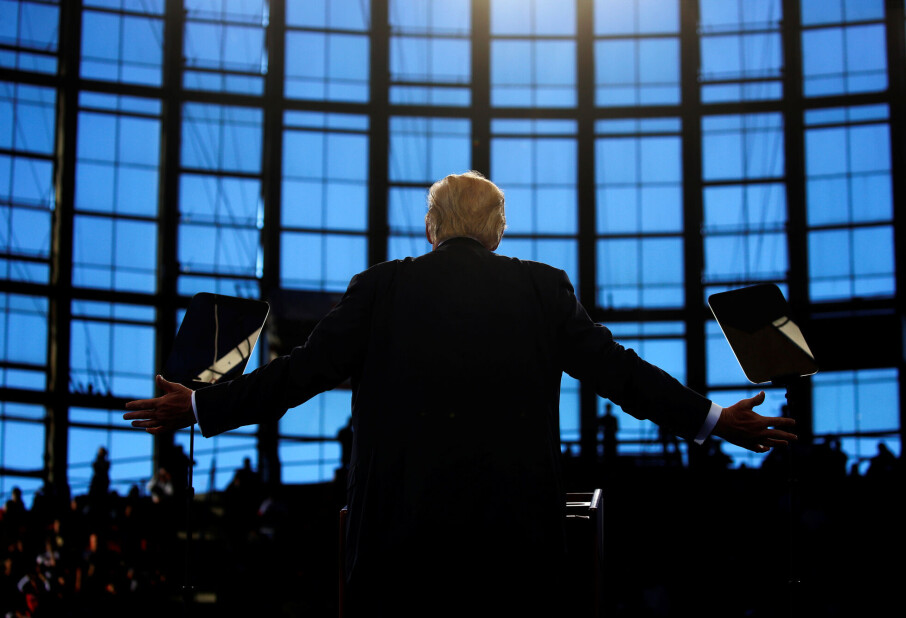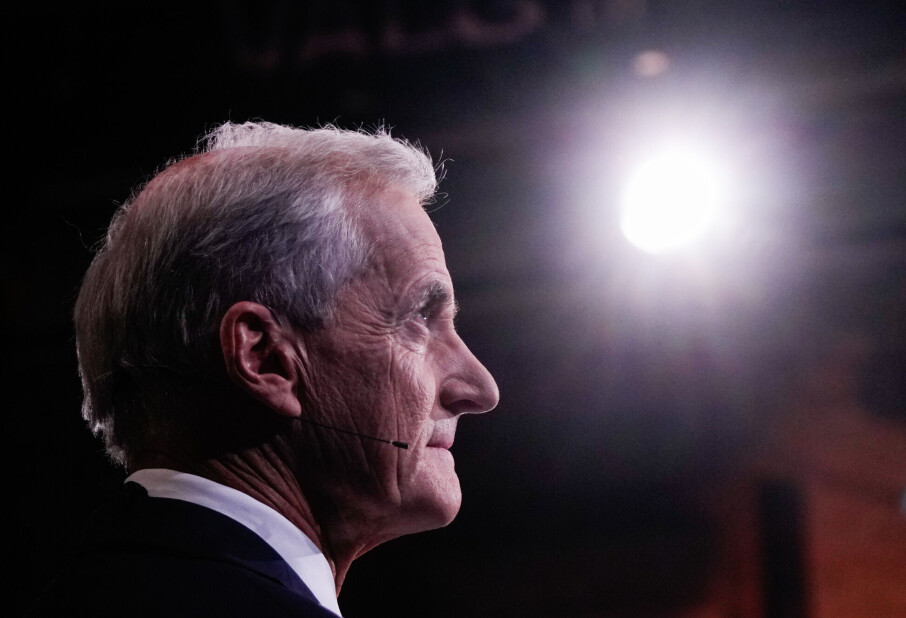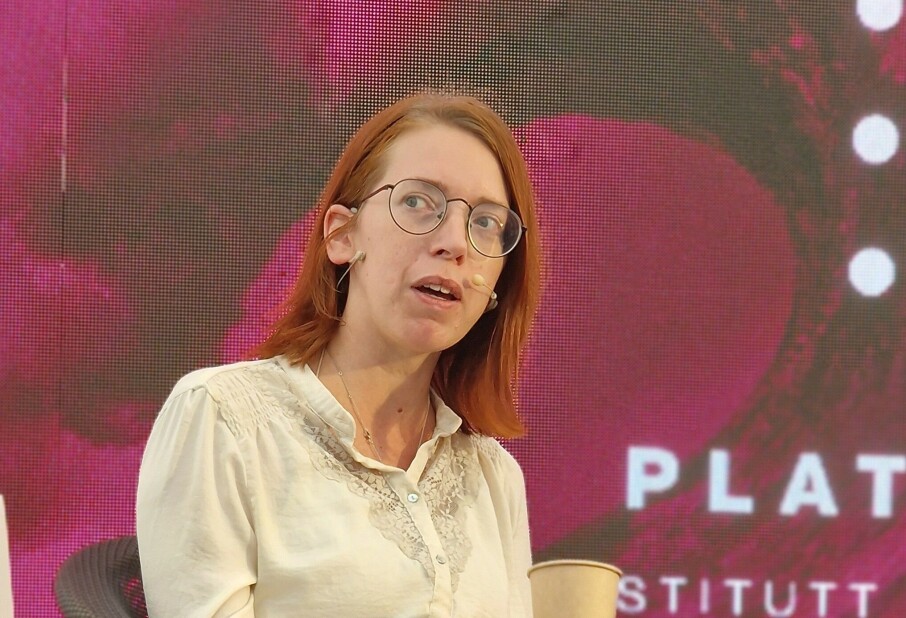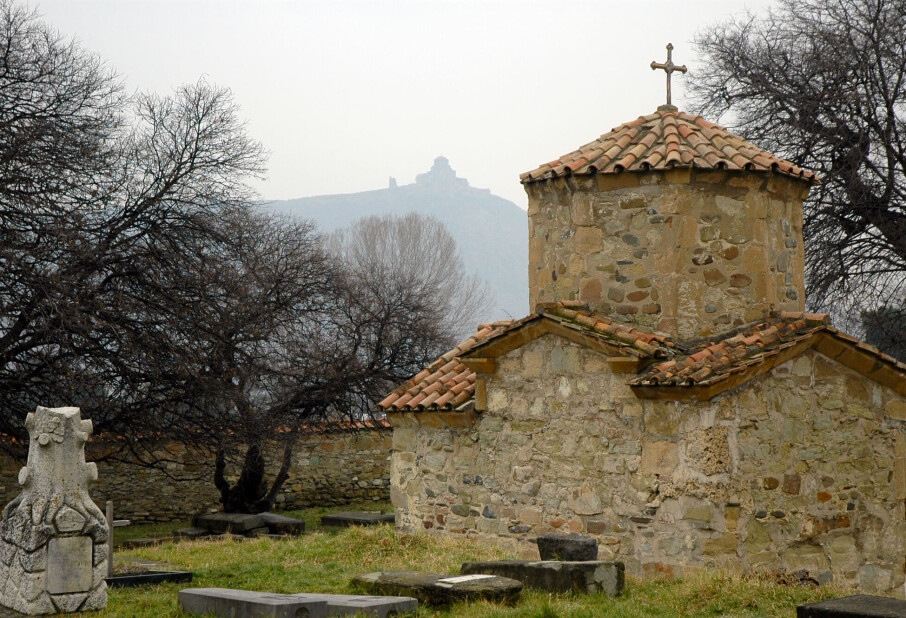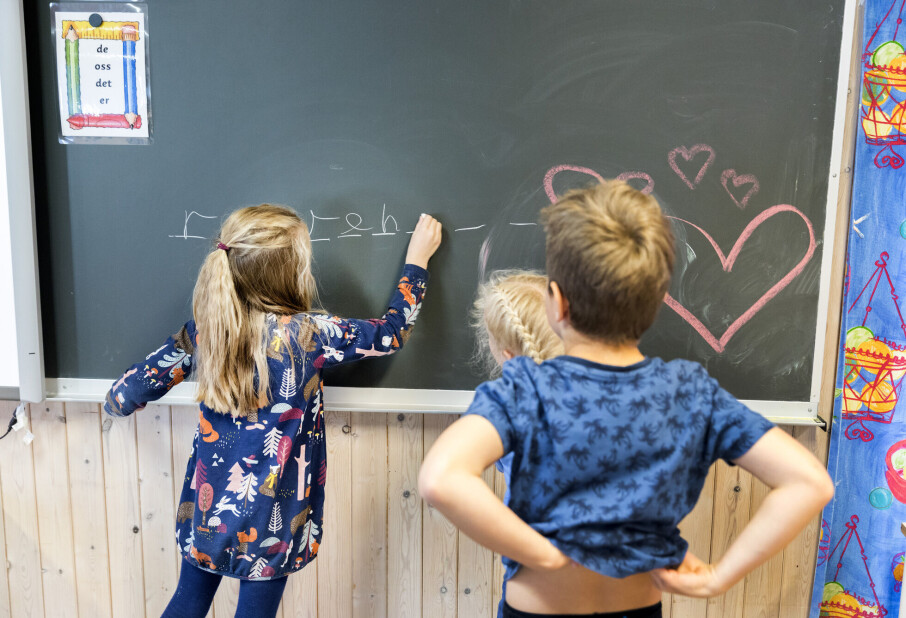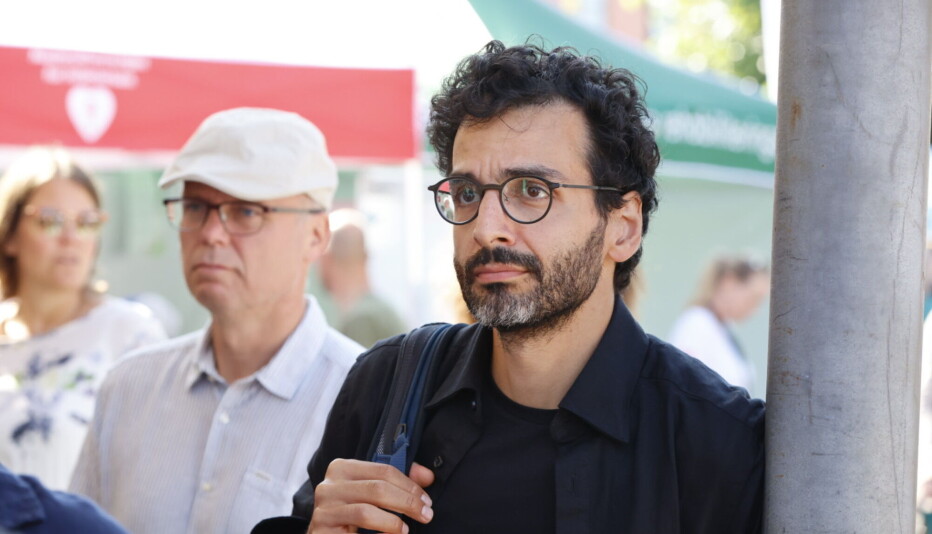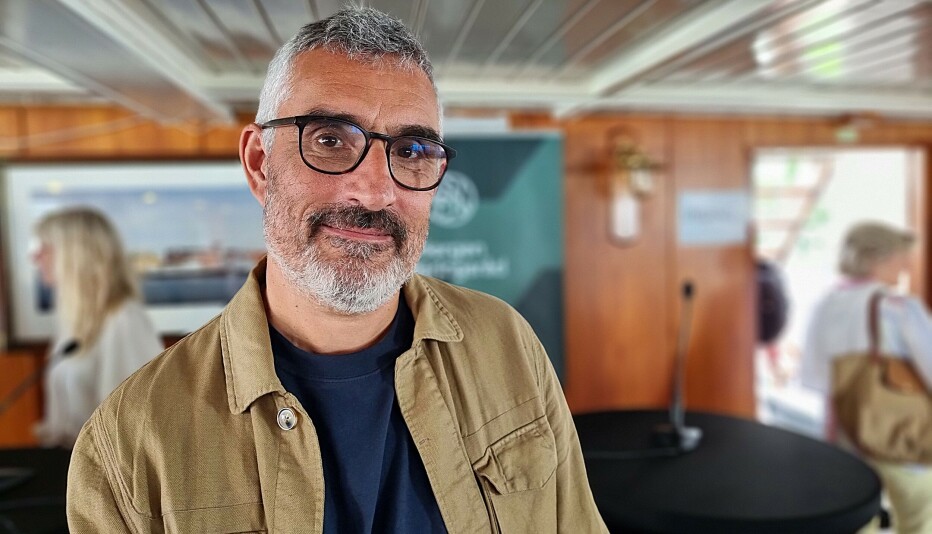
Too much freedom at Norwegian religious schools?
Freedom of religion in Norway offers extensive protection to what can be taught in parochial schools. But do the statutes go too far in protecting religious freedoms to the detriment of other fundamental freedoms?
Denne artikkelen er over ti år gammel og kan inneholde utdatert informasjon.
Are there limits on the kinds of discriminatory statements a teacher in a religious school in Norway can make to his or her students?
Vibeke Blaker Strand, who has studied safeguards against discrimination with respect to the practice of religion, thinks not.
“Protection against discrimination on the national level is interpreted as inapplicable to religion classes at private schools," she says. "Freedom of religion takes priority."
Strand has recently completed her PhD at the University of Oslo's Department of Public and International Law on the issue.
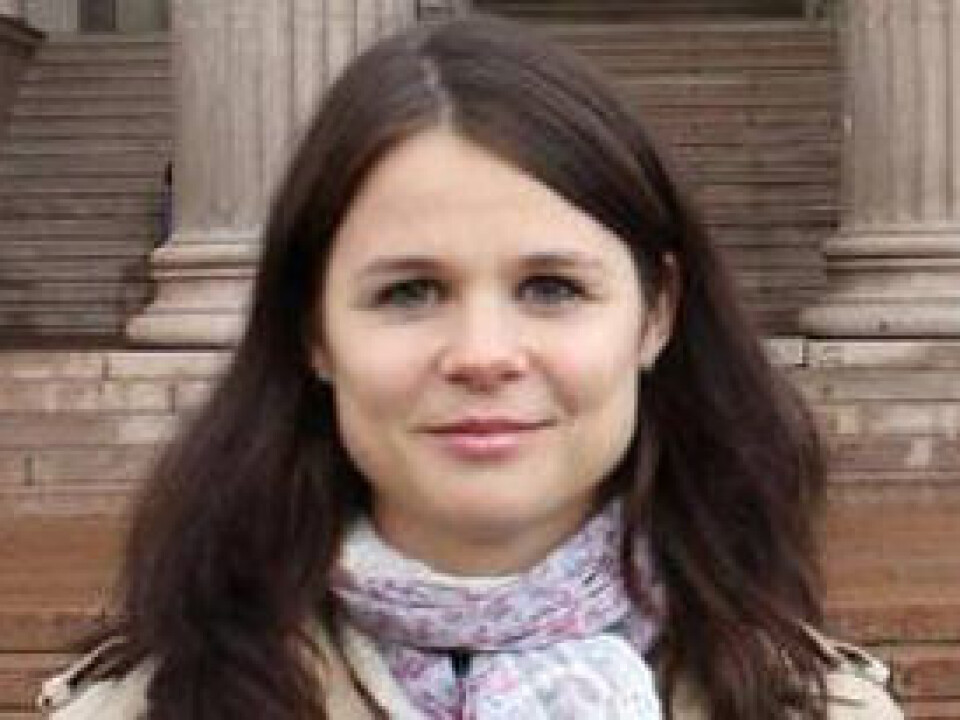
She says that the underpinning of the current legislation explicitly states that oral expression is exempted from laws that protect people from discrimination.
Schools also have complete freedom in choosing their own textbooks, with almost no controls on their content, she asserts.
The combined result is that "existing regulations are grossly insufficient and lack a system for detection of substantial problems that can arise," Strand says. "We urgently need to consider what these schools can be allowed to do and to pass appropriate legislation."
A special responsibility
There were a total of 3000 primary schools in Norway in 2011, of which just 172 were private. These schools had 16,684 pupils out of the country's 614,374 elementary school children. Most of the private schools are Steiner or Waldorf schools, or Christian schools.
Despite the relatively small number of students involved, Strand believes that international human rights conventions give the Government a special responsibility for ensuring that pupils in religious schools are protected from teaching that contains discriminatory content.
“The state is obliged to have regulations ensuring that children aren’t being discriminated against in their education," she argues. "Freedom of expression in religious teachings also provides a wide-open door for the dissemination of discriminatory attitudes. Under current legislation no one can be denied the right to start a religious school on the basis of the choice of religion."
Lots of leeway
Under existing Norwegian laws, Strand says, the rights to freedom of education and freedom of religion could cause problems in three distinct areas: gender discrimination, protection against discrimination on the basis of sexual orientation and protection against discrimination on the basis of religion or philosophy of life.
The problem is that in the context of religion, safeguards against discrimination do not apply to orally expressed statements, so that no limits have been set regarding remarks that have a religious foundation and are offensive to homosexuals or single mothers, as two examples, Strand says.
"Religious teachings or statements could assert that these kinds of people should be looked down on, or that women are subordinate to men, " she said. "An expression isn’t viewed as illegal until it crosses the lines set by § 135 in the Penal Codes, and that provides a lot of leeway.”
One example concerns teaching about homosexuality, she says. “It’s been discussed whether the Penal Codes can be used to hinder teaching that homosexuality should be punished by death," Strand says.
"This shows just how extreme a statement can be before the law could possibly be invoked. It’s easy to envision a wide range of expressions that would be offensive or discriminatory with regard to homosexuals or other groups, which are not strictly illegal, but that would be alarming if they were taught in the classroom.”
Different legal interpretations
The Ministry of Education and Research disagrees with Strand's assessment. Ministry officials say the claim that there are no limits regarding the content of religious instruction at private schools is misleading.
Instead, they say, the teaching at private schools is regulated by Norway's Private Education Act, which states that that private schools must provide education in accordance with a curriculum which is approved of by the Ministry.
"This sets limits and give directions as regards what can be and what must be part of the curriculum, and which textbooks may be used. The teaching and education must conform to an accepted curriculum,” says Department Director Ann Helen Elgsæther, from the Ministry’s Department of Education and Training.
“If a private school fails to teach in accordance with the approved curriculum, or otherwise breaks the regulations of the Private School Act, the school can lose its license and be denied the right to continue operations, or be ordered to repay the financial support they’ve received from the state,” Elgsæther says.
The Norwegian Directorate for Education and Training supervises private schools and has statutory access to school facilities and all relevant information. Elgsæther adds that all pupils in private schools have a statutory right to a good psycho-social environment that promotes welfare and education. Schools are obliged to work actively for the advancement of a good school environment in which the individual pupil feels safe and a sense of social belonging. Offensive statements or actions, such as bullying or discrimination in the teaching process, are totally incompatible with a good psycho-social environment and thus would be illegal.
Intentional or inadvertent violations of the regulations on the part of the school are punishable by fines or jail sentences of up to three months, Elgsæther points out.
Which takes precedent?
Strand disagrees with the ministry’s interpretation, and asserts that discrimination isn’t regulated and defined by the Private School Act. Instead, it is regulated by anti-discrimination statutes, she says.
“To say that pupils are protected against discrimination because discrimination is illegal is circular reasoning. The issue is: What do anti-discrimination laws say about the range of their protection against discrimination? The word ‘discrimination’ itself says nothing about what is illegal,” she asserts.
A major problem is the legal formulation of the anti-discrimination legislation, Strand says. Several essential areas of education in religious schools are outside the jurisdiction of anti-discrimination legislation. Religion lessons and verbal remarks are two areas where regulations are needed to set limits for what can be taught to pupils, as well as when the subject matter being taught is based on religious doctrine, she says.
The manual upon which the Norwegian Directorate for Education and Training bases its supervisory activities fails completely to address the special issues that can arise in religious schools, the researcher adds. The problem is not simply the loopholes in the anti-discriminatory legislation. The inspection system established in conjunction with the private school legislation is also inadequate, she says.
The Ministry of Education and Research asserts that current legislation is sufficient.
“If a private school fails to educate in accordance with the approved curriculum, or in other ways breaks the regulations of the Private School Act, the school can lose its authorization and be shut down, or ordered to refund state subsidies,” says Elgsæther at the Ministry.
A test case
ACE – “Accelerated Christian Education” – is a school programme established in the USA in 1969. Some private Christian schools in Norway used the ACE teachings and ACE textbooks in their curriculum, which led to "the ACE case," in which the appeals committee of the Equality and Anti-Discrimination Ombud was asked to evaluate the situation.
The appeals committee examined social studies textbooks, where for one of the school documents used in the fourth grade, pupils were asked to underline the correct answer to the following: “(Wives, Dogs, Cats) shall obey their husbands”.
Because this was textbook material for use in social studies, the committee decided that it was discriminatory and illegal.
Stand says that because the teaching was in a written form, and because it was not used in a religion class, it was regulated. But had the same idea been presented in a religion class, or had it been stated orally by a teacher, "this same message would be acceptable," she said.
The researcher thinks the main problem today is that certain areas have been defined as exempt from the protection against discrimination.
“In my opinion, current regulations regarding discrimination fail to take into account circumstances that can apply to educational situations, and they inadequately uphold Norway’s human rights obligations,” she says.
Human rights and life philosophy
Strand has also studied ways that international human rights conventions can function as a framework for national formulation of policies. She says there are some areas where the government has the right to change its policy formulations, even if it isn’t obligated to do so. In these kinds of situations, "human rights conventions contribute to highlighting national choices of political strategies and allow for reflection and discussion about them,” the researcher says.
“Another example is the way that the subject of religion and life philosophy is to be taught in Norwegian schools," Strand says. "The issue has been debated for years. The way it is currently taught satisfies all the state’s obligations – it respects everyone’s rights. There is very little leeway for reversing the subject back towards more Christianity.”
Translated by: Glenn Ostling







